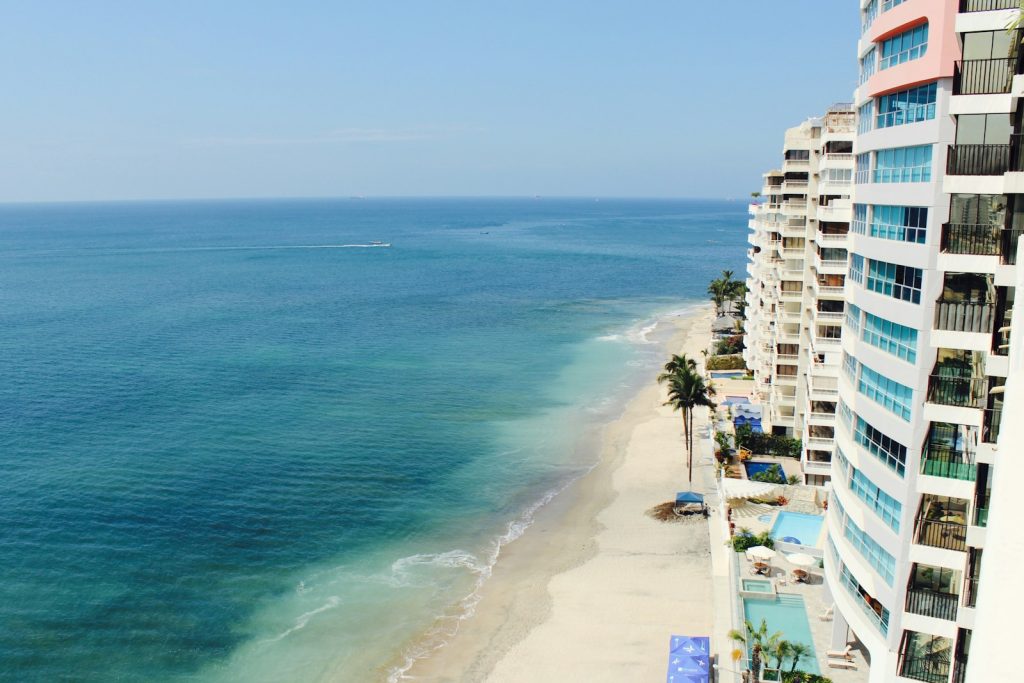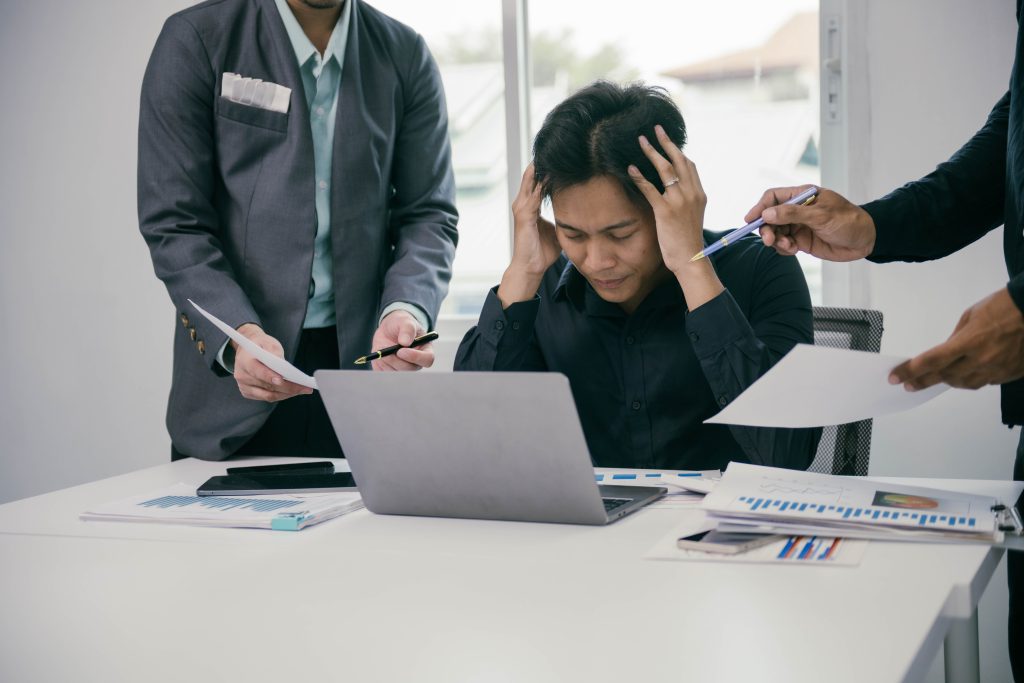In the hospitality industry, your brand’s reputation is everything. It’s not just about offering luxurious rooms or top-notch services—though these are crucial—it’s about the perception your brand holds in the minds of your guests.
In an industry where word-of-mouth and online reviews can make or break a business, maintaining a positive brand image is vital.
In today’s age, information travels at lightning speed and this trust can be easily shattered by adverse media coverage.
Whether it’s a news report on an isolated incident at your hotel or broader scrutiny of your corporate practices, negative press can have far-reaching consequences.
What Are Adverse Media Checks?
Adverse media checks are a critical component of risk management and brand protection.
These checks involve scanning various media sources—including news articles, blogs, social media, and legal records—for any negative information associated with an individual or entity.
The goal is to identify potential risks that could harm your business’s reputation before they become public knowledge.
By conducting these checks, you can avoid hiring or partnering with individuals or companies that could expose you to reputational risks.
The Role of Adverse Media Checks
The impact of PR crises on hotel businesses can be severe.
Negative press can lead to a decline in bookings, a drop in customer trust, and even long-term damage to your brand’s market position.
Adverse media checks help you avoid these pitfalls and you can make informed decisions that protect your brand’s reputation.
Types of Adverse Media
Adverse media can come in many forms, each carrying its own set of risks. The most common types include:
Negative Press: This can include any unfavorable coverage in traditional or online media, such as news reports, opinion pieces, or editorials that criticize your business or associates.
Legal Issues: Involvement in lawsuits, regulatory violations, or other legal challenges can generate negative headlines and erode public trust.
Criminal Records: Individuals or entities with criminal records pose a high risk to your brand, especially if their past actions contradict your company’s values or ethical standards.
Financial Misconduct: Financial scandals, such as fraud or embezzlement, can destroy trust in your business.
The Impact of PR Crises on Hotels
Case Study of PR Crisis
PR crises can have devastating effects on hotels, as several high-profile cases have shown.
For example, in 2018, a resort in Las Vegas faced a massive PR crisis following the tragic mass shooting that took place on its premises.
The hotel was scrutinized not only for the event itself but also for its security protocols, leading to a significant drop in bookings and revenue.
The fallout was so severe that the owner of the resort was involved in multiple lawsuits and had to settle claims amounting to millions of dollars.
These cases illustrate how unforeseen events and poor crisis management can lead to significant reputational damage.
Consequences of PR Crises
The consequences of PR crises in the hospitality industry can be severe and far-reaching.
Some of the most common impacts include:
Damage to Brand Reputation: A PR crisis can tarnish your hotel’s brand image, making it difficult to attract and retain guests.
Loss of Revenue: Negative publicity can lead to a drop in your bookings and occupancy rates, resulting in a significant loss of revenue.
Decline in Customer Trust: Once trust is broken, it can be challenging to rebuild, and customers may choose to take their business elsewhere.
Decreased Market Share: A damaged reputation can lead to a loss of market share as competitors capitalize on the situation.
Increased Operational Costs: Managing a PR crisis often requires significant resources, including legal fees, marketing efforts to rebuild your brand, and potential settlements.
Long-Term Brand Erosion: Continuous or unresolved PR crises can erode your brand’s value over time, making recovery difficult.
Implementing Adverse Media Checks in Hotels
Develop a Comprehensive Adverse Media Strategy
The first step in developing comprehensive adverse media strategy for your Hotel is to identify the key areas of risk within your operations.
Step-by-Step Guide
Risk Assessment: Identify the areas within your operations that are most vulnerable to adverse media exposure.
Define Media Sources: Determine the range of media sources that you will monitor, including news outlets, social media platforms, legal databases, and blogs.
Set Up Monitoring Tools: Use advanced tools and technologies to automate the monitoring process.
Regular Review: Schedule regular reviews of the results from your adverse media checks.
Action Plan: Develop a clear action plan for responding to any adverse media findings.
Integrate Adverse Media Checks into the Hiring Process
Incorporating adverse media checks into your pre-employment background screening is a critical step in protecting your hotel from potential PR crises.
The hiring process is one of the most vulnerable points where adverse media exposure can occur, especially when bringing new employees into high-profile or guest-facing roles.
Conduct Regular Media Audits
Conducting regular media audits is an essential practice for maintaining the integrity of your brand.
Enhance Brand Protection Through Adverse Media Checks
Build a Strong Brand Image
A strong brand image is the cornerstone of success in the hospitality industry, and proactive adverse media checks are a powerful tool in building and maintaining that image.
By consistently monitoring for negative press and potential risks, you can ensure that your brand remains trustworthy and reputable in the eyes of the public.
How Proactive Media Checks Contribute to a Trustworthy Brand?
Prevents Negative Associations: Regular adverse media checks help your hotel to avoid associations with individuals or entities that could damage your reputation.
Reinforces Brand Values: By aligning your brand with positive media coverage and distancing it from negative press, you reinforce your commitment to quality, integrity, and guest satisfaction.
Leverage Positive Media
Highlighting Successes: Use positive media to your advantage by actively promoting stories that showcase your hotel’s strengths, such as awards, charitable activities, and guest testimonials.
Engaging with the Community: Engage with your local community and industry by participating in events, sponsoring initiatives, and being active on social media.
By building a strong brand image through proactive media checks and positive engagement, your hotel can establish a reputation that attracts guests and fosters loyalty.
Challenges and Best Practices in Adverse Media Checks
Implementing effective adverse media checks can be challenging, especially if your hotel is new to this practice.
Some of these are:
Data Accuracy: You may find it difficult to ensure that the data collected is accurate and up-to-date.
Legal Considerations: Navigating the legal landscape, particularly around privacy laws and the use of personal information, can be complex.
Resource Allocation: Conducting thorough media checks requires significant resources, including time, money, and expertise, which can act as a barrier.
Best Practices for Overcoming Challenges
- Use trusted sources
- Stay informed on legal requirements
- Invest in technology
Conclusion
In today’s fast-paced and highly competitive hospitality industry, maintaining a positive brand image is more important than ever.
Adverse media checks are a critical tool in achieving this goal, allowing your hotel to proactively identify and mitigate potential risks before they escalate into PR crises.
Proactive management of adverse media is essential for safeguarding your hotel’s reputation.
To maximize the effectiveness of your adverse media checks, consider partnering with a background verification company.
Their expertise and advanced technology can provide more thorough and accurate checks, ensuring that your hotel is well-protected against potential reputational risks.
Collaborating with AMS Inform
Given the significance and complexity of conducting adverse media checks, many businesses opt to work with AMS Inform. Established in 1986, we have over 38 years of specialized experience in the background verification sector.
Our expertise extends beyond adverse media checks to include digital ID verification, identity and educational verification, as well as pre-and post-employment screening.
We also offer services such as credit checks, health and drug testing, insurance claim investigations, and language translation.
By choosing to collaborate with AMS Inform, you not only save valuable time but also ensure adherence to all applicable laws and regulations. With operations in over 160 countries and dedicated local teams in 16, we are well-equipped to support your global needs.
As members of the NASSCOM and PBSA networks, we are committed to safeguarding the integrity and reputation of your organization.
Reach out to our team today for personalized solutions tailored to your adverse media check requirements.
















